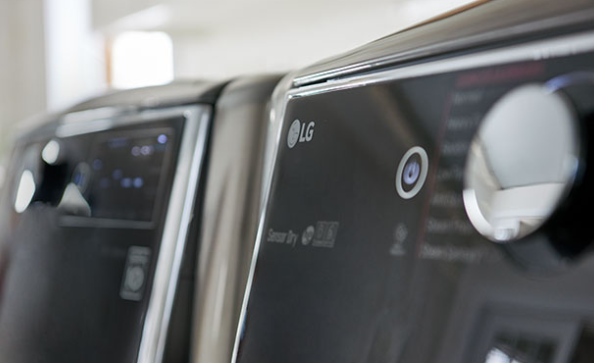Government/Policy

October 22, 2018
Korea Challenges U.S. on Washer Safeguards
Written by Sandy Williams
The U.S. Trade Representative is seeking comments on the World Trade Organization challenge by South Korea to U.S. safeguards imposed on imports of large residential washers in February 2018.
The WTO established a Dispute Settlement Body panel on Sept. 26 following a request by South Korea in August. The European Union, China, Japan, Malaysia, Thailand, Brazil, Egypt, India, Kazakhstan, Mexico, Norway, Russia and Vietnam have requested to join the proceedings as third parties citing “substantial trade interests.”

Korea claims that U.S. measures are inconsistent with safeguard rules under the WTO and violate certain articles of the General Agreement on Tariffs and Trade (GATT).
Public comments on the case are due by Nov. 15 with the Office of the U.S. Trade Representative.
The original investigation under Section 201 was requested by Whirlpool. Since that time, steel and aluminum tariffs under Section 232 have cut into Whirlpool profits by driving up raw-materials costs. In second-quarter 2018, Whirlpool expected annual raw material costs to increase $350 million. The company reported a second-quarter net earnings loss of $657 million due to volume decline, raw material inflation and higher freight costs.
In its outlook remarks, Whirlpool said it expects tariffs will continue to impact material costs in the second half of 2018 and may have “material adverse effect” on future financial statements. The company, which includes brand names Whirlpool, KitchenAid, Maytag and others, is due to report third-quarter results on Oct. 24.
Samsung and LG were in the process of establishing manufacturing facilities in the United States when the safeguards were initiated. Samsung’s new facility in Newberry, S.C., began production last January and LG’s Clarksville, Tenn., facility is scheduled to be operational sometime in 2019.
Demand for residential clothes washers and dryers is forecast to slow substantially in the next three years, increasing less than 1 percent per year through 2022, according to a report by ResearchAndMarkets.com.







